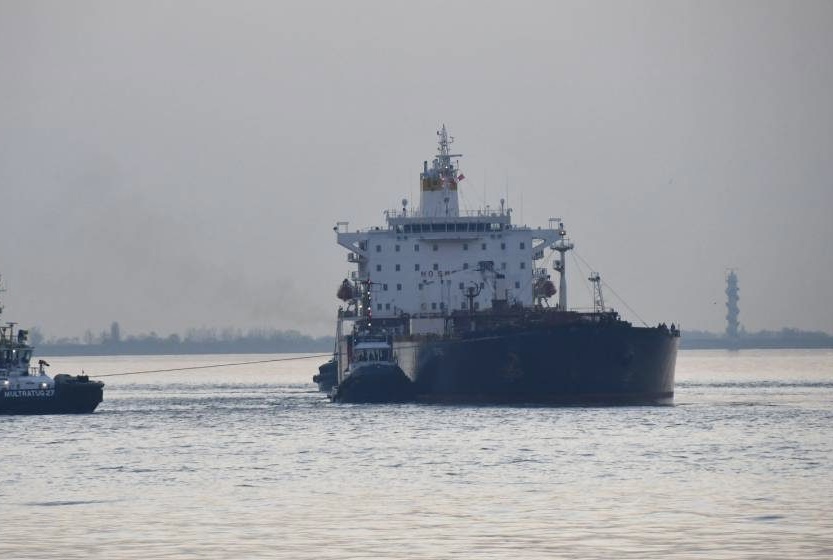KEY POINTS
- Russia’s shadow fleet helps bypass sanctions to export crude oil.
- Unregulated vessels raise major environmental and maritime safety concerns.
- Western nations are tightening enforcement to curb shadow fleet operations.
Western countries are stepping up their attempts to combat Russia’s shadow fleet, which has been used to get under sanctions put in place following the invasion of Ukraine in 2022. These fleets, which are made up of antiquated and badly maintained ships, covertly deliver Russian crude to nations like China and India that nevertheless buy oil in spite of sanctions.
Russia’s shadow fleet bypasses sanctions to sustain oil exports
Russia is not the only country using the shadow fleet strategy. Similar strategies have long been used by Venezuela and Iran to export oil to markets that do not follow US restrictions. But in order to maintain its oil income, Russia has greatly increased this activity, using some 700 unregistered vessels.
Russia’s shadow fleet, according to marine specialists, is made up of ships that are owned by non-EU and non-G7 organizations and do not have Western insurance. These ships frequently employ dishonest shipping practices, fly under flags of convenience, and turn off tracking devices to hide their whereabouts.
Accoding to Oilprice, European countries are strengthening enforcement actions in response. In December 2024, the Russian ship *Eagle S* carrying 100,000 barrels of oil from St. Petersburg was taken over by Finnish authorities. Undersea cables in the Baltic Sea were also damaged by the ship, which was ultimately judged unseaworthy. Officials warn of serious environmental and marine concerns because the Gulf of Finland is where about half of the sanctioned Russian oil passes.
Western nations step up enforcement against illicit oil shipments
In February, Denmark declared that it will be conducting more inspections on ships transporting Russian petroleum. Ships anchored outside Skagen that are suspected of breaking the law will be subject to Port State Control inspections by the Danish Maritime Authority. In 2023, the United Kingdom also tightened its control over ships traversing the English Channel.
The selling of older ships by Western shipowners is a major obstacle to halting Russia’s shadow fleet. According to investigative reports, European and American corporations have made around $6 billion since 2022 by selling at least 230 older tankers, mostly to purchasers in Vietnam, Hong Kong, India, and the Seychelles. The greatest portion was sold by Greek shipowners, followed by companies from the UK, Germany, and Norway.
Ship vendors must confirm that vessels aren’t being used to avoid penalties, according to new EU regulations that were implemented in late 2024. But since then, at least 32 tankers owned by Europeans have joined Russia’s shadow navy. Although stricter marine laws may prevent these activities, their implementation is still difficult from a legal and budgetary standpoint.



